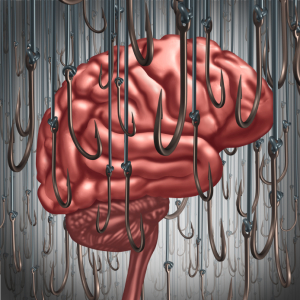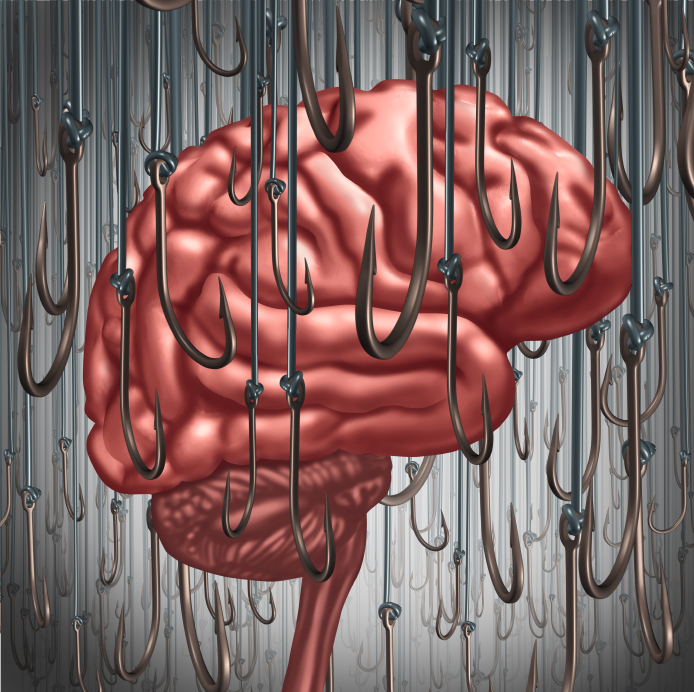
Do you think your child has ADHD? Are they oppositional, petulant, prone to major tantrums when they don’t get their way? In school, are they inattentive, disruptive, unfocused? Does their teacher essentially have to stand over them to get their work finished? Do something radical—remove television and other electronics from their life!
In The Diseasing of America’s Children, Family psychologist John Rosemond indicated that in most cases, these kids will go through a “withdrawal period”—moodiness, irritability, obsessing about watching TV. “Typically, and depending on the age of the child and the strength of the addiction, after a withdrawal period of one to two weeks, parents begin seeing the signs of recovery.” Within two or three months, the child is better behaved at home and there can be evidence of academic improvement in school.
Rosemond related that within three months of taking his son off of TV and implementing a traditional model of parenting, Eric was one of the best-behaved children in his class; and his reading skills had improved one grade level. Today Eric is a corporate pilot with four boys of his own.
Without doubt, the most glaring difference between the environment of a young child fifty years ago and the environment of today’s child is the prominence of electronic media—television, video games, and computers.
Rosemond isn’t the only person reporting an association between TV and attention problems in children. In “A Generation of Stimulation Junkies,” Allen Hsu reported that according to Neilsen ratings, the average American watches 34 hours of television a week. Children 2 to 11 watch 24 hours a week, translating to 3.5 hours per day. Remember that these statistics don’t account for the time spent on smart phones, video games and computers. Both Hsu and Rosemond cited an important 2004 study in the journal Pediatrics.
In that study, Dimitri Christakis and others found that: “early exposure to television was associated with subsequent attentional problems.” The authors noted that their study did not prove a causative association between television and clinically diagnosed ADHD. Nevertheless, “Early television exposure is associated with attentional problems at age 7. Efforts to limit television viewing in early childhood may be warranted, and additional research is needed.” Hsu said the Christakis study reported that television increased the chances of a child developing attention problems by 28%.
Hsu also said the negative impact of television carried over to video games as well. The more time children spent playing video games and the more violent the video game was positively correlated with increased attention difficulties. A 2010 article by Edward Swing and others in the journal Pediatrics, reported that exposure to both television and video games was associated with attention problems in childhood. This continued in late adolescence and early adulthood: “It sees that a similar association among television, video games, and attention problems exists in late adolescence and early adulthood.”
The increased societal dependence on electronics is affecting how we do things. Hsu thought it was making us more stupid. This is not so outrageous of a thought. In a short story titled “A Feeling of Power,” Isaac Asimov described a future time where people were so reliant on pocket calculators, that they had forgot basic math skills. Then one of the scientists “reversed engineered” mathematics, and demonstrated to his fellow scientists that the same results could be done with paper and pencil.
Our society is becoming a generation of stimulation junkies. We click from website to website, change television channels as we please, while relying on an external stimulation. Viewing fast paced video games, fast paced movies, and addicting television is leading to a population who chooses to quit activities just because they are too hard or not entertaining enough and our need for instant gratification.





